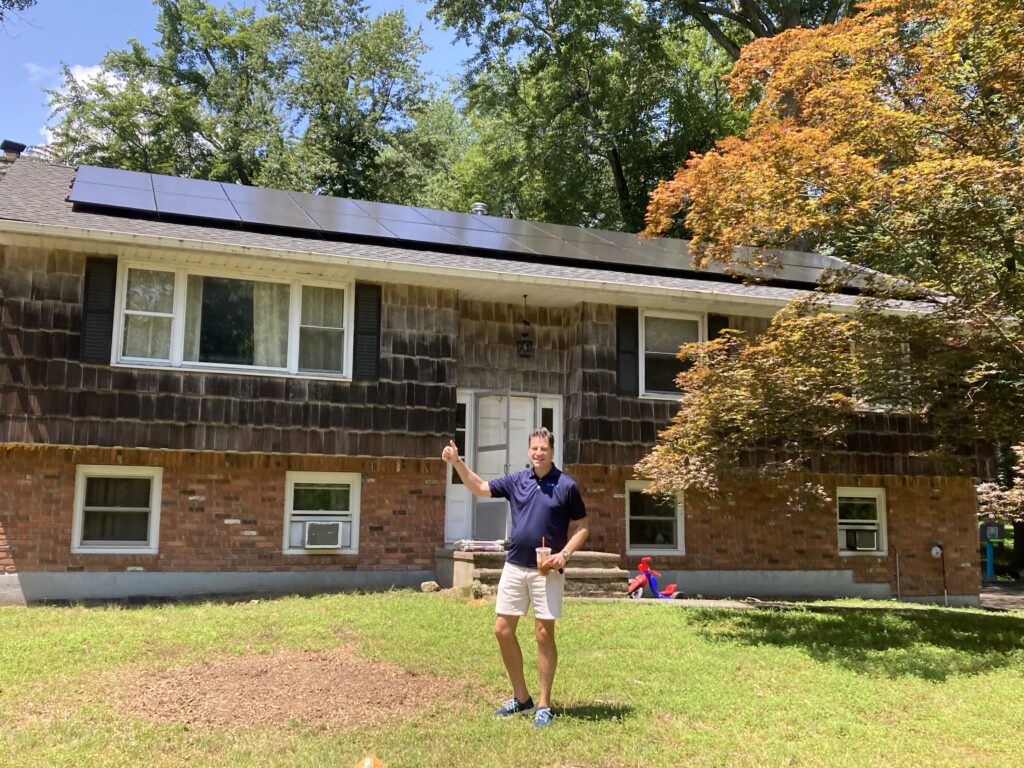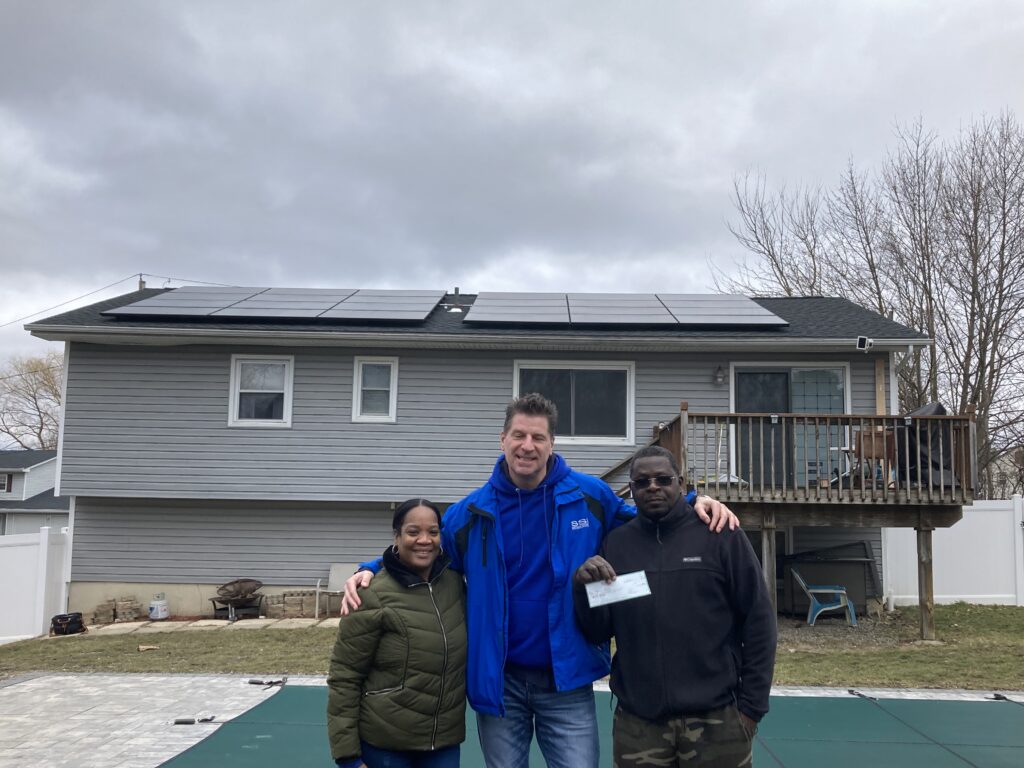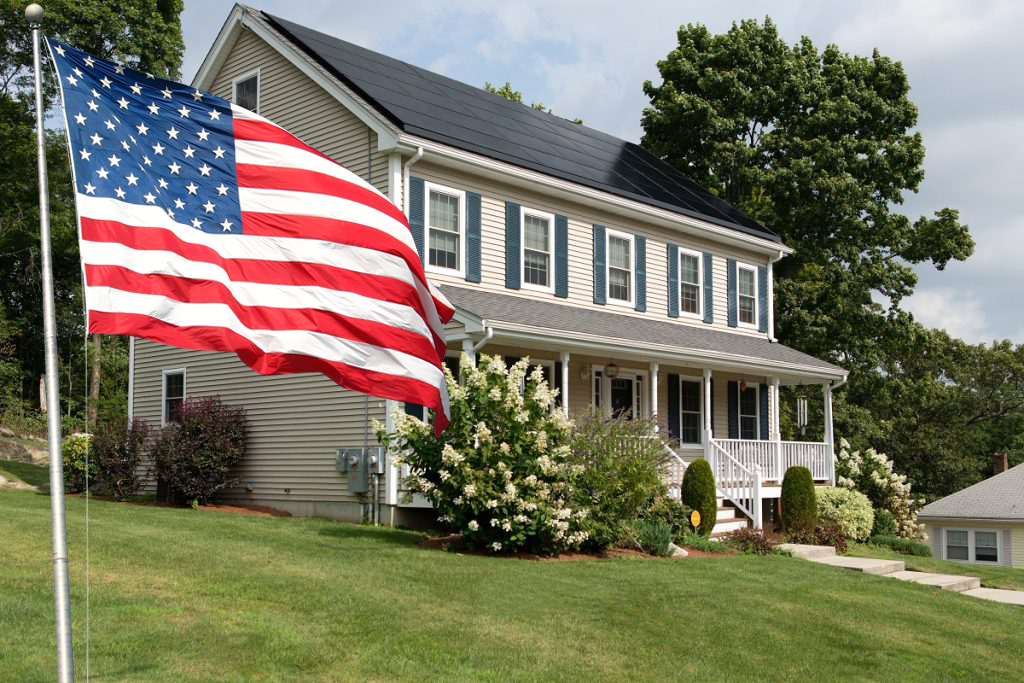Key Questions for Carmel New York Home Solar Panel Installation
1. Introduction to Solar Panel Installation in Carmel
Are you a homeowner in Carmel, NY, considering solar energy? This guide will explain how solar panel installation in Carmel can help you save money on electricity bills and reduce your environmental impact. With New York state incentives, federal tax credits, and programs like NYSERDA, switching to solar is more affordable and accessible than ever. Home solar panels in Carmel are a great investment, combining cost savings and environmental benefits, making it easier for you to take control of your energy future.

Demographic and Housing Information for Carmel
Carmel has a population of approximately 24256 people. This area has a density of around 179.5 people per mile. Carmel is in Putnam county New York.
The average age is 44.8 years old. 81.5% of the people in 10512 are over the age of 18, 49% are male, 51% are female, 53.2% are married, 9.6% are divorced, 29.5% were never married, and 7.6% are widowed.
The average home value in Carmel is around $378593 and the average household income is $115656 and the individual average income is about $47397. Approximately 84.5% own homes in Carmel.
There are 9276 housing units in Carmel. The average family size is around 3.14 people. About 60.2% of families have dual income and 57.2% of households bring home more than a 6 figure income. People pay about 36.2% of their income towards housing alone.
Map of Carmel New York
What are the latitude and longitude coordinates of Carmel? 41.4483 latitude and -73.71054 longitude.
2. How Do Solar Panels Work?
Solar panels capture sunlight and convert it into electricity through photovoltaic (PV) cells. These cells produce direct current (DC), which is converted into alternating current (AC) to power your home. Even in Carmel’s winter months, solar panels can generate substantial energy. Watch this video for a deeper understanding. Through net metering, you can send excess energy back to the grid, which reduces your electricity bill—different from fully off-grid systems, which rely on batteries.
How Solar Panels Work?
3. How Much Are Solar Panels in Carmel NY?
The cost of solar panels in Carmel depends on the system size, panel type, and installation specifics. State and federal incentives, including NYSERDA, can significantly reduce upfront costs. This video offers a breakdown of typical costs. For a 2,000-square-foot home, incentives make solar installation more affordable, making renewable energy an accessible option for Carmel residents.
How Much Do Solar Panels Cost?
4. How Long Do Solar Panels Last?
Thanks to recent technological advances, modern solar panels last 25–30 years, maintaining around 80% of their efficiency even after decades. In Carmel, this durability ensures a reliable, low-maintenance source of energy savings that can last for years.
5. How Many Solar Panels Do I Need for My Home in Carmel?
The number of panels depends on your energy needs, roof size, and sun exposure. Typically, a 2,000-square-foot home in Carmel requires about 20–25 panels. Watch this video for more insights. A consultation with a solar expert will help ensure your system is tailored to maximize your energy savings.
What is a Solar Offset?
6. What Are the Federal and New York State Incentives for Solar Panels in Carmel?
New York offers several incentives for solar installation, including the Federal Investment Tax Credit (ITC), covering 30% of costs, and the New York State Solar Tax Credit, which provides up to 25%. NYSERDA also offers additional rebates that further reduce costs, making solar energy incentives in Carmel a valuable advantage.
In addition to incentives, NYSERDA offers loan options to help Carmel homeowners finance renewable and energy efficiency projects:
- On-Bill Recovery Loan
- Smart Energy Loan
- Renewable Energy Tax Credit Bridge Loan
These energy loan programs provide lower interest rates to low-income residents and to those who cannot qualify for traditional financing. Loan amounts and terms vary.
7. Are Solar Panels Worth It in Carmel?
Yes, solar panels are a wise investment for Carmel homeowners. With New York’s rising utility costs and favorable sun exposure, solar allows you to lock in your energy costs, protect against rate increases, and add value to your home—all while reducing your carbon footprint.
8. Can I Get Free Solar Panels from the Government?
While solar panels aren’t entirely free, government incentives help offset the cost substantially. Carmel residents can take advantage of the federal ITC (30%) with no upfront payment required. Whether purchasing or leasing, incentives are built into financing, making solar an affordable option.
9. Why Choose Solar Panels in Carmel?
Solar panels in Carmel offer numerous benefits, from state and federal credits to environmental impact and NYSERDA support. Choosing solar is a financially sound decision that helps protect the environment and provides long-term savings.
10. What Should I Look For in a Solar Company?
Selecting an experienced and reputable solar company with local knowledge in Carmel is essential. Look for a company that uses American-made products, offers a comprehensive warranty, and employs skilled technicians to ensure a reliable, high-quality installation.

11. Will Solar Panels Work During Cloudy or Rainy Days?
Yes, solar panels generate electricity even on cloudy or rainy days, though output may be slightly reduced. Carmel’s year-round sunlight makes solar a practical and effective option for consistent energy savings.
12. Can I Store Extra Energy with Solar Battery Storage, and is it Worth it?
Battery storage allows you to save extra energy for future use, but for Carmel homeowners, a backup generator might be a more economical choice, especially if power outages are infrequent. Consult with a solar expert to determine which option best meets your needs. This article on Energy.gov spells it out.
13. How Long Does the Installation Process Take from Start to Finish?
In New York, the installation process typically takes 4–12 weeks, depending on municipal regulations. True Home Solar offers some of the fastest installation times in the industry, ensuring Carmel residents can start enjoying solar savings promptly.
14. How Does the Solar Panel Warranty Work, and What Should it Cover?
A quality warranty covers equipment and performance for the entire system’s lifespan. True Home Solar provides robust warranties to ensure that Carmel homeowners’ investments remain protected and efficient.
15. What Financing Options are Available for Solar Panels?
There are several financing options: paying outright, financing, or leasing. True Home Solar works with you to find the financing solution that fits your financial goals, helping maximize your savings and simplify your transition to solar.
16. What Happens to My Solar System if I Move? Can it Be Transferred to a New Owner?
If you sell your home, your solar system can transfer to the new homeowner, with the warranty and financing terms intact. This feature makes solar a valuable, transferable asset for Carmel properties.
17. Do Solar Panels Increase the Value of My Home?
Yes, solar panels increase home value, especially in high-cost areas like New York. Studies from institutions such as Wells Fargo suggest that homes with solar appeal to buyers looking for energy-efficient properties with lower utility bills. Check out this article about how solar increases the value of your home.
18. Can I Go Solar if I Have Bad Credit?
No credit is necessary to go solar in Carmel. As long as you own a home in specified areas of New York, you qualify, making solar an accessible option regardless of credit history.
19. Contact Us for a Free Solar Design
Are you ready to make the switch to solar in Carmel, NY? Contact True Home Solar for a free consultation. Our team will guide you through every step, from selecting the best system for your home to maximizing all incentives. If your roof needs repairs or replacement, we’ll include it in your solar plan for a seamless installation. Click below to see if your home qualifies, and start saving with renewable energy today.



